Government Leaders We’re Inspired By
Since the dawn of time, there have been individuals who have emerged as great leaders, shaping the course of their nations and inspiring people around the world. These leaders have demonstrated exceptional leadership skills, political acumen, and a commitment to improving the lives of their citizens. This section, we'll explore government leaders who we're inspired by, delving into their achievements, policies, and impact on society.
Sirimavo Bandaranaike
Sirimavo Bandaranaike of Sri Lanka (1916-2000) became the first woman to become a non-hereditary head of government in a modern state in 1960. She served three terms as Prime Minister of Ceylon and Sri Lanka.
She helped oversee the drafting of the Sri Lankan constitution. Although widely known for abusing political power and managing a failed socialist state, she is well respected for her dedication to Sri Lankan independence from Britain.
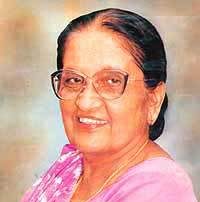
Source: newsfirst.lk
Nelson Mandela
Was a South African anti-apartheid revolutionary and political leader. After serving 27 years in prison for trying to overthrow the government, he was released and eventually democratically became the first President elected of South Africa. He was the country's first black head of state and the first elected in a fully representative democratic election. His government focused on dismantling the legacy of apartheid by tackling institutionalized racism and fostering racial reconciliation.
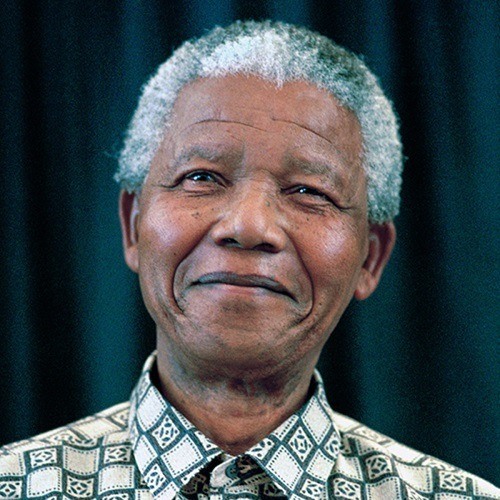
Source: biography.com
Indira Gandhi
Was an Indian politician, stateswoman and a central figure of the Indian National Congress. She was the first and the only female Prime Minister of India. She served as Prime Minister from January 1966 to March 1977 and again from January 1980 until her assassination in October 1984, making her the second longest-serving Indian Prime Minister. She was the first woman leader of India and third Prime Minister. She oversaw several military campaigns, including a short war that resulted in the creation of Bangladesh. One of her policies eliminated the state recognized caste system, giving the poorest classes political power for the first time.
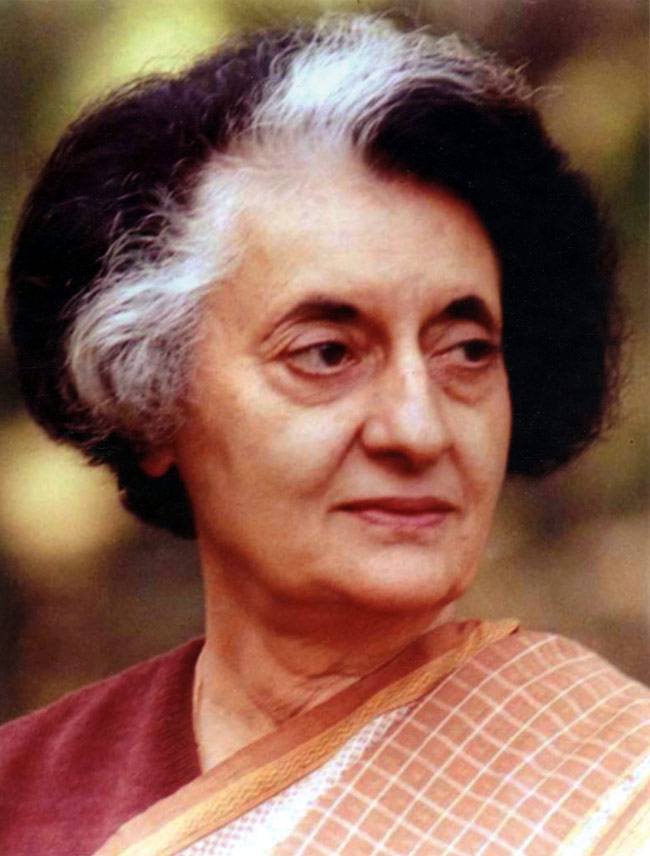
Source: indiatoday.in
Saladin
Was the first sultan of Egypt and Syria during the third crusade. A Sunni Muslim of Kurdish ethnicity, he led the Muslim military campaign against the Crusader states in the Levant. Under his command, his army defeated the Crusaders at the decisive Battle of Hattin in 1187, and thereafter wrested control of Palestine including the city of Jerusalem from the Crusaders, who had conquered the region 88 years earlier. He is considered compassionate, refusing to kill Christians, and being held as one of the wisest leaders the Arabic world has ever known.
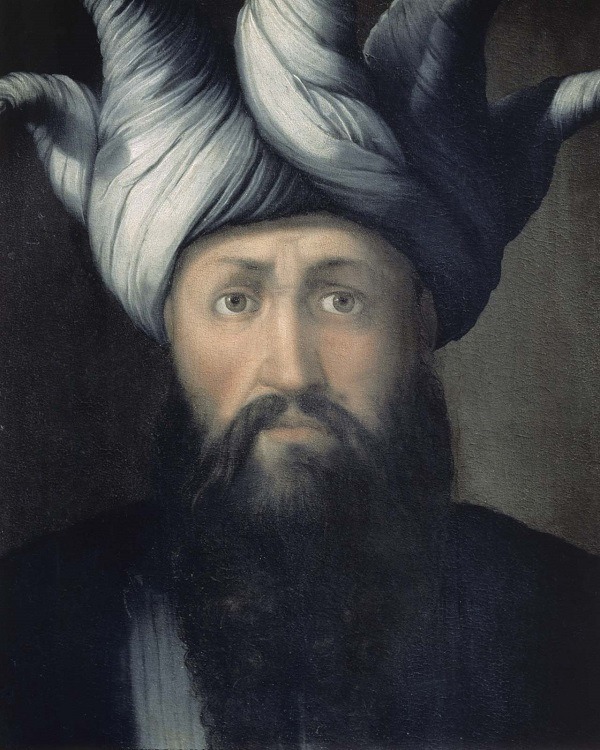
Source: britannica.com
Golda Meir
Ukrainian-born Golda Meir grew up in the US before emigrating the British Mandate of Palestine and joining a kibbutz in 1921. In the late 1940s, she petitioned the Jewish community in the US and Europe to donate money to help create the Israeli state, raising over $50 million. On May 10, 1948, she visited King Abdullah I of Transjordan and asked him to avoid attacking Israel, a historic feat.She became Israel's fourth, and only, female prime minister in 1969, serving until 1974 after the Yom Kippur War. Golda Meir, the "Iron Lady" of Israel, served many positions.
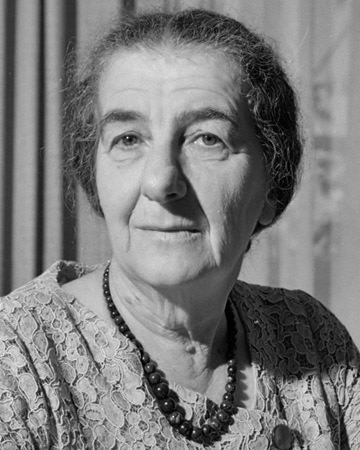
Source: onthisday.com
Corazon Aquino
The first female president in Asia was just an "ordinary housewife." Aquino was the leader of the People Power Revolution, forcing Ferdinand Marcos from power in 1985. She joined the fight against Marcos when her husband, Senator Benigno Aquino Jr., was assassinated while they were both exiled to the United States. She ran as a presidential candidate against Marcos in a special election and lost. During the rebuttal of voter fraud, she encouraged civil disobedience and protest that eventually led to Marcos ousted and Aquino instated.
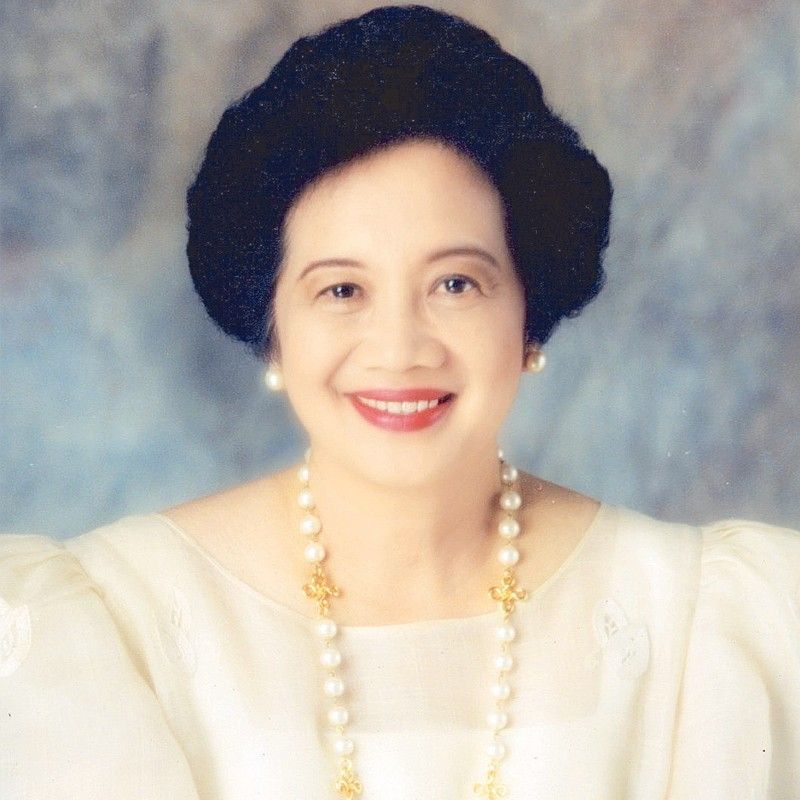
Source: philstar.com
Aquino oversaw the 1987 Constitution and installation of the Bicameral Congress. The focus of her leadership was on restoring civil liberties and independence for the people.
Benazir Bhutto
Of Pakistan became the first woman head of state in a Muslim country in 1988. She won despite being the target of fundamentalist Islamic groups (ISI). She served two terms as Prime Minister and was campaigning for a third term in 2007 when she was assassinated.
She expanded many international treaties, bringing Pakistan into the modern age during her first term. However, this didn’t stop the potential nuclear war with India over Kashmir. During her second term, her policy on foreign affairs seemed to have switched, as she recognized the Taliban as a legitimate government in Afghanistan.
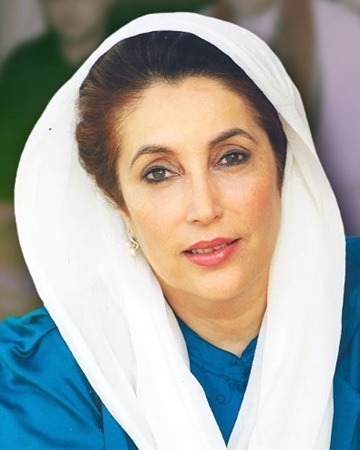
Source: onthisday.com
Winston Churchill
The Prime Minister of the United Kingdom during WWII, Churchill was a powerful leader who helped lead the world into freedom.
He had many speeches during WWII, and his words “we shall never surrender” became one of the fighting cries of the British. Although a staunch imperialist, Churchill remained popular as one of the longest-serving politicians in British history.
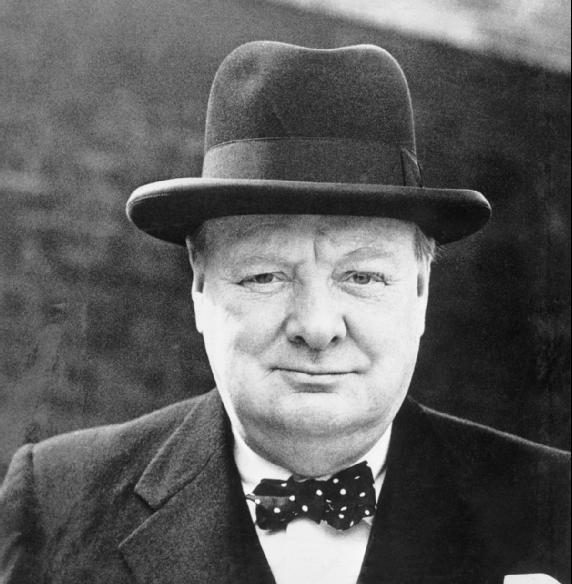
Source: historyonthenet.com
Franklin Roosevelt
FDR oversaw the country during the Great Depression, implementing the New Deal to help offset some of the worst economic crisis possible in US history.
Although his policies are now thought to have extended the Great Depression by as much as six years, he did help many families through many hardships. His foreign policies were questionable, and many believed he should have involved the United States in the troubles in Europe before the outbreak of WWII.
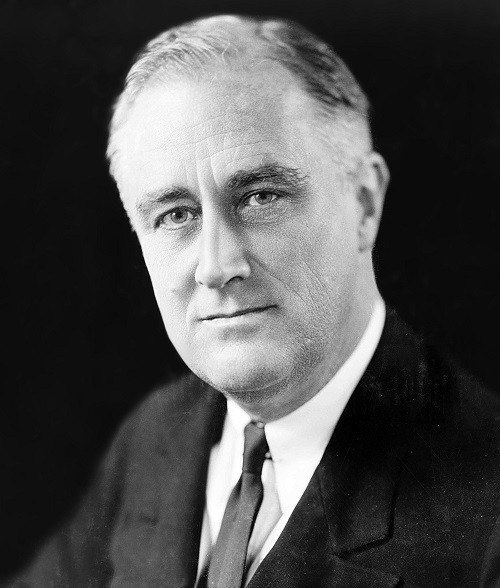
Source: en.wikipedia.org
Park Geun Hye
Park Geun Hye (1952-) is the 11th president of South Korea, and the first woman elected to that role. She took office in February of 2013 for a five-year term. She helped move South Korea from the shadow of North Korea into a capitalistic haven.
Most notably, she spearheads efforts to reunite North and South Korea and helped curtail North Korea’s constant threats.
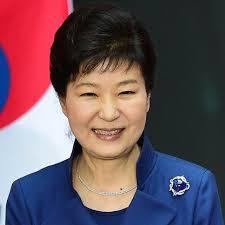
Source: forbes.com
Ellen Johnson Sirleaf
Ellen Johnson Sirleaf became the first democratically-elected female Liberian President. She advocates for women’s rights, stressing education as a means to end poverty and driving economic development. She helped secure Liberia’s economy and improved national security.
She won the Nobel Peace Prize in 2011, in recognition of her efforts to bring women into the peacekeeping process. She has received numerous other awards for her leadership.
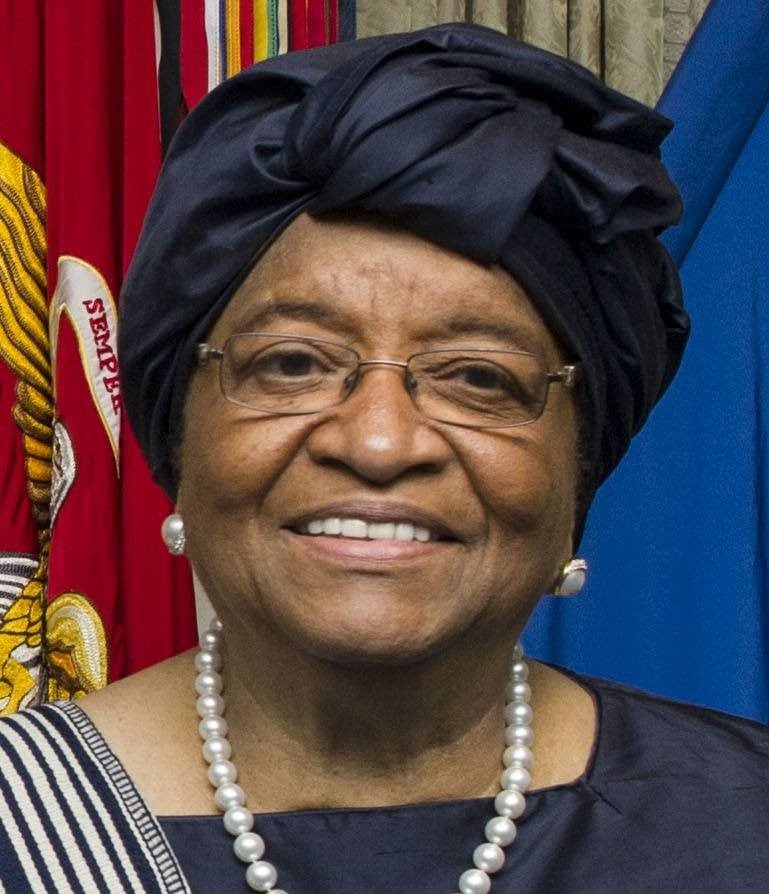
Source: Sean Hurt
Akbar the Great
Abu'l-Fath Jalal-ud-din Muhammad Akbar known as Akbar the Great was the third Mughal emperor. A strong personality and a successful general, Akbar helped consolidate India in the 1500s, uniting many small and tribal family units into one Moghul Indian empire. He promoted economic independence and religious tolerance. His power and influence, however, extended over the entire subcontinent because of Mughal military, political, cultural, and economic dominance. Many of the ancient texts from Arabic, Hindu, and Buddhist cultures survive because of his work.
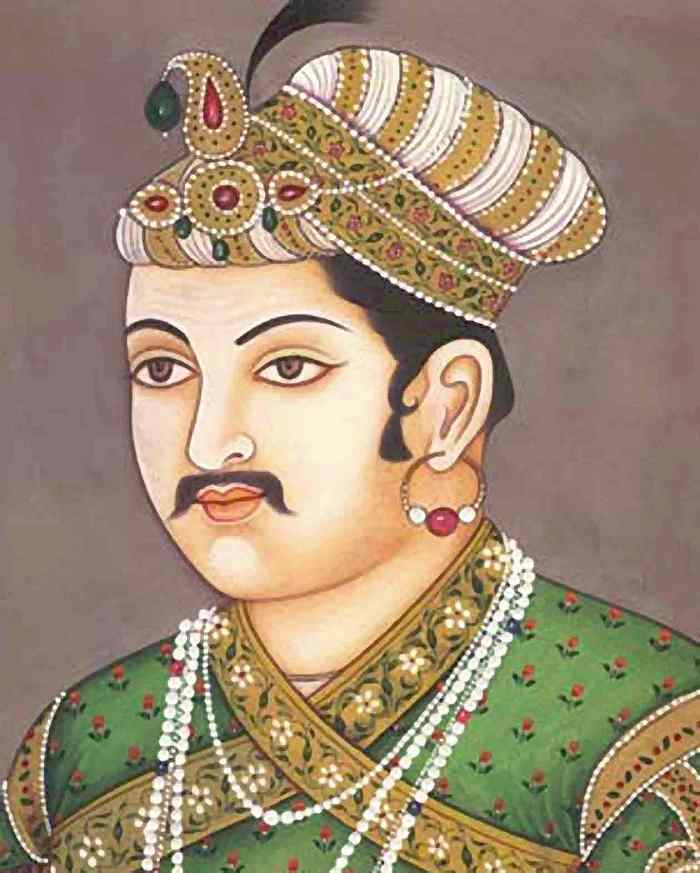
Source: culturalindia.net
Joice Mujuru
Zimbabwe’s Vice President between 2004 and 2014 Joice Mujuru served most of her life in government. She sometimes goes by her war name Teurai Ropa, “spill blood.”
She joined the Zimbabwe African National Liberation Army (ZANLA) in 1973 before working her way into the government. Today, she is a champion of women’s and common people’s rights.
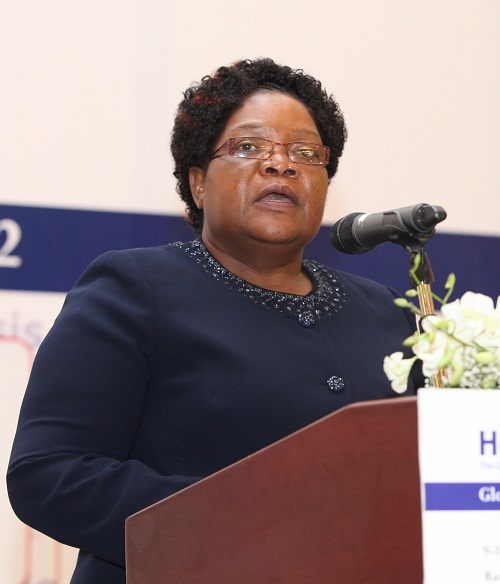
Source: en.wikipedia.org
Alengot Oromait
In 2012, Proscovia Alengot Oromait made history by becoming the youngest individual in Africa, and globally, elected as a Member of Parliament. At only 19, Alengot won the Usuk County with 54.2% votenas she finished high school and waiting to join the university. In 2013, Forbes honored Oromait.
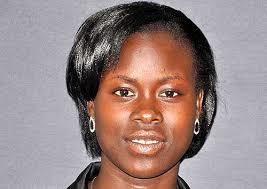
Source: africayouthawards.org
Napoleon Bonaparte
Napoleon is considered one of the most influential and most successful leaders of European history. He worked to restore stability to post-revolutionary France. He centralized the government; instituted reforms in banking and education; supported science and the arts; and sought to improve relations between his government and the pope which was strained during the revolution. His most significant accomplishment was the Napoleonic Code, which streamlined the French legal system and is the foundation French civil law utilizes to this day.
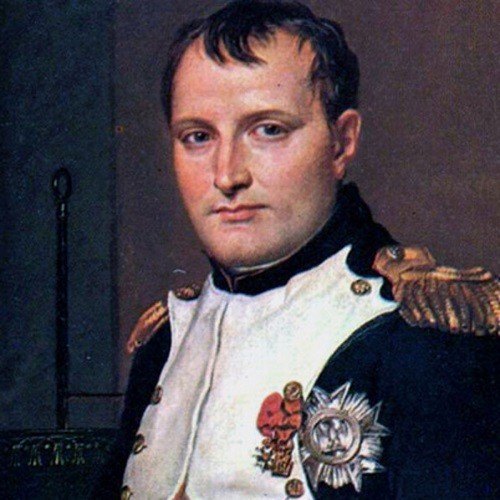
Source: biography.com
Kolinda Grabar-Kitarović
Kolinda Grabar-Kitarović is both the youngest and current President of Croatia. Her first task was to oversee the large refugee movements across the Croatia border.
Her next task focused on the dissolution of the parliament, in which she forced elections to keep the government open and running. She currently has mixed favorability in her country and favorable views abroad.
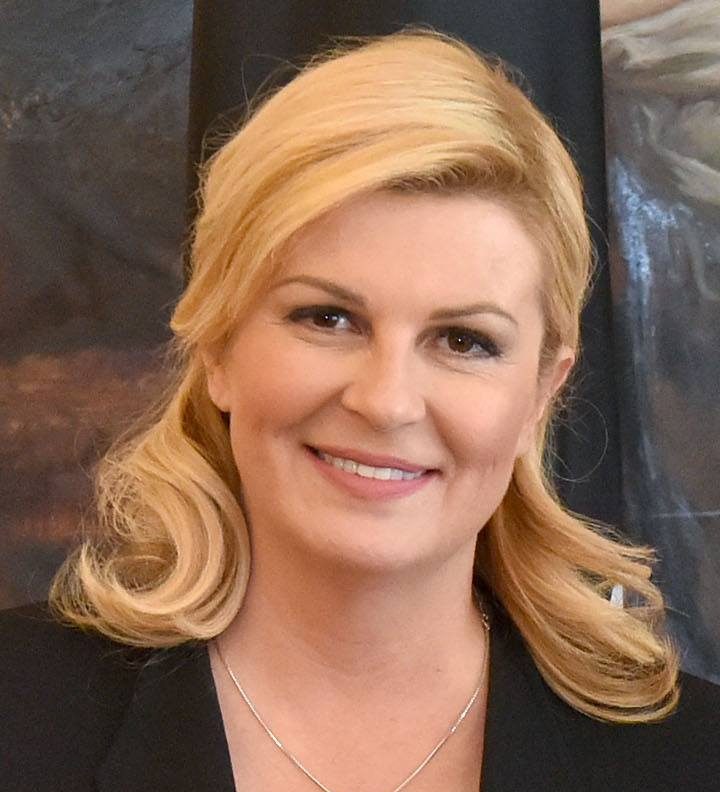
Source: en.wikipedia.org
Mao Zedong
Also known as Chairman Mao, was a Chinese communist revolutionary who became the founding father of the People's Republic of China, which he ruled as the Chairman of the Communist Party of China from its inception in 1949 until his death in 1976.
His philosophy and military strategy took on religious fervor known as Maoism. In a positive light, his policies helped transform China into the economic powerhouse we know today, although it may have come at a severe cost of an estimated 70 to 100 million lives lost for the economic change and political ambition.
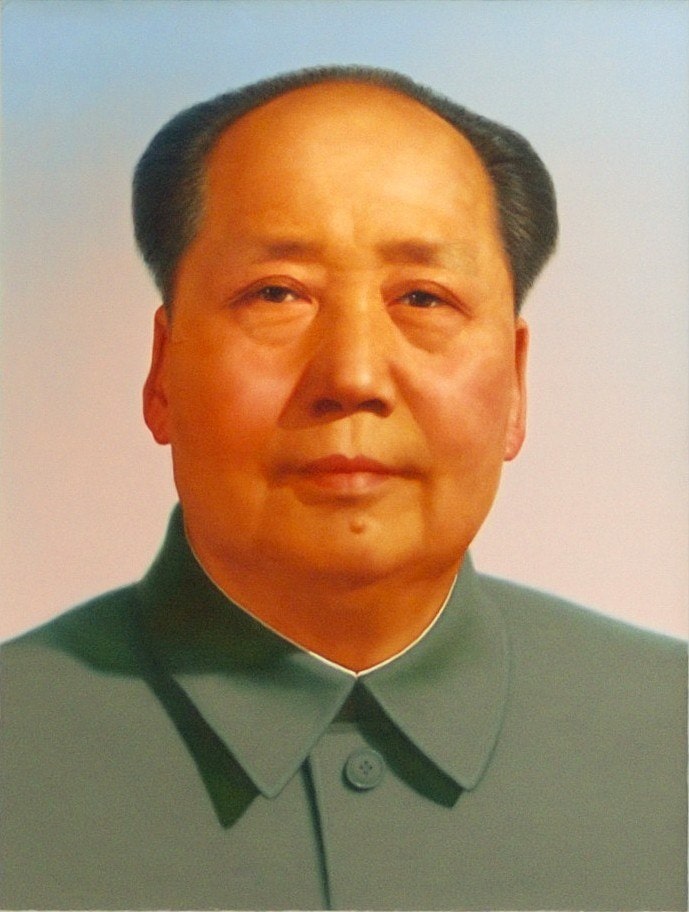
Source: en.wikipedia.org
Angela Merkel
The chancellor of Germany, Merkel is considered to be the unofficial leader of the European Union and may be considered the most powerful woman in the world.
Although strong on the economy and women's rights, her open-door policy for immigration has some people saying that the European migrant crisis is her fault.
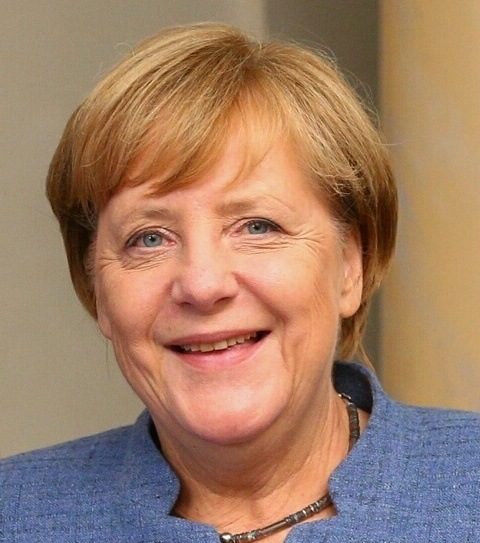
Source: en.wikipedia.org
Mohandas Mahatma Gandhi
One of the most famous individuals in the Hindu religion and from India, Mahatma Gandhi was the leader of the Indian Independence Movement. His vision of India included religious pluralism but was defeated by the British Indian Empire divided India from Pakistan. His most important historical impact was civil disobedience and peaceful protest.
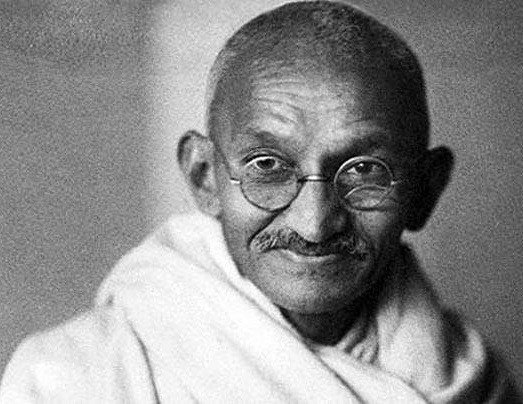
Source: indiatoday.in
Barack Obama
The most immediate past president of the United States, Obama was the first black president, and one of the most progressive leaders of America.
Although he helped to encourage gay, transgender, and women’s rights, his presidency was marked by ordering the capture and killing of Osama Bin Laden as well as the signing the Affordable Health Care Act which provided 20 million uninsured Americans healthcare coverage.
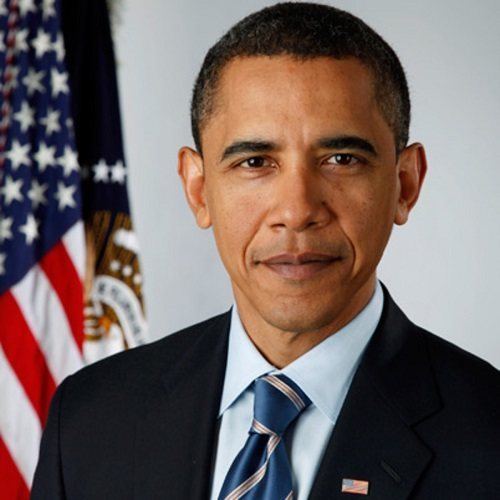
Source: biography.com
Shirley Temple
After a legendary career as a child actor, Shirley Temple grew up and became politically active as part of the Republican Party. In 1969, she was appointed to be a delegate at the 24th United Nations General Assembly by Richard Nixon. Between 1974 and 1976 she was appointed as the US ambassador to Ghana. Afterward, she was appointed the first female Chief of Protocol of the United States and ran the committee for the arrangements for President Jimmy Carter's inauguration. After a brief respite, she became the United States ambassador to Czechoslovakia under President George Bush.
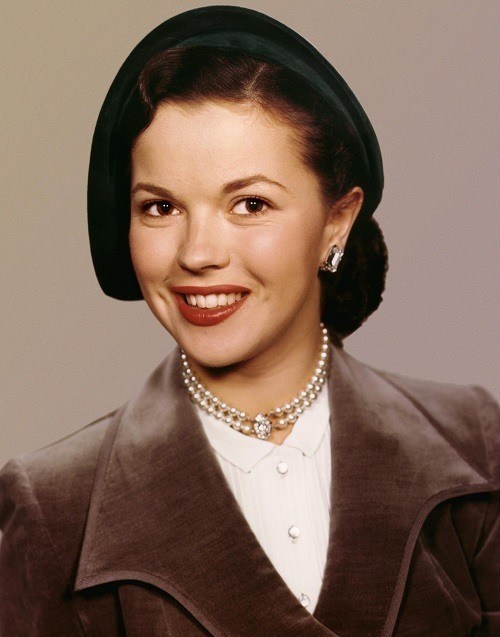
Source: en.wikipedia.org
Genghis Khan
The founder of the largest contiguous empire in history, the founder of the Mongol empire, Genghis Khan, conquered nearly half of the known world.
He’s also known to be one of the most religiously and politically tolerant leaders to have ever existed. He specifically gave religious freedom to the various religions he came across, and history notes he would regularly consult monks, farmers, and merchants before making legislative decrees.

Source: biography.com
Condoleezza Rice
Condoleezza "Condi" Rice served as the 66th Secretary of State under President George W Bush. She was the first female African-American Secretary of State, as well as the second African-American Secretary of State (after Colin Powell), and the second female Secretary of State after Madeleine Albright. She pioneered the policy of Transformational Diplomacy directed toward expanding the number of responsible democratic governments in the world. That policy faced challenges as Hamas captured a popular majority in Palestine and influential countries including Saudi Arabia and Egypt maintained authoritarian systems.
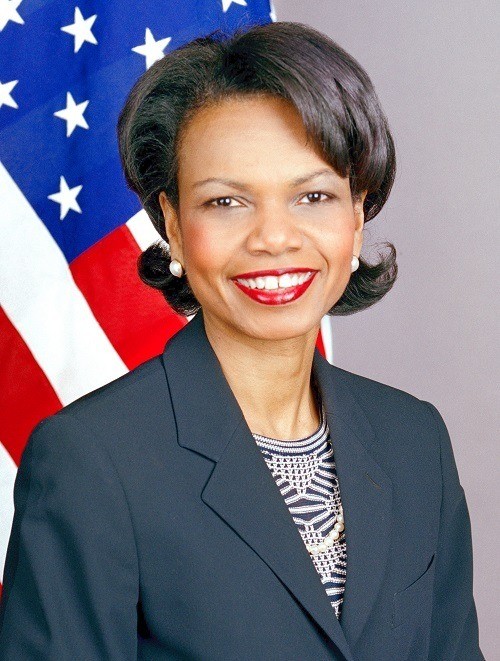
Source: en.wikipedia.org
Charles de Gaulle
Charles de Gaulle help lead France through WW II and into the future.
He was the leader of the French Resistance against Nazi Germany during the war and helped establish the democracy in France during the provisional government of the French Republican after WW II.
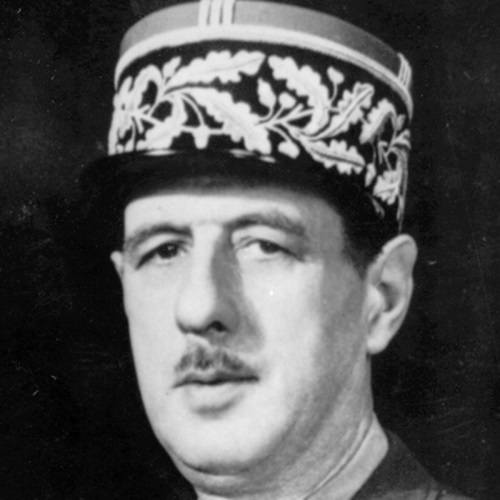
Source: biography.com
Janet Napolitano
Janet Ann Napolitano served as the governor of Arizona and as the first female Secretary of Homeland Security under President Barack Obama. She took a tough stance on security, implementing many programs that helped reduce potential threats. Notably,
her program helps reduce the spread of the H1N1 virus. However, any of her good programs overshadowed by the controversy that she was biased against the veterans and the armed forces.
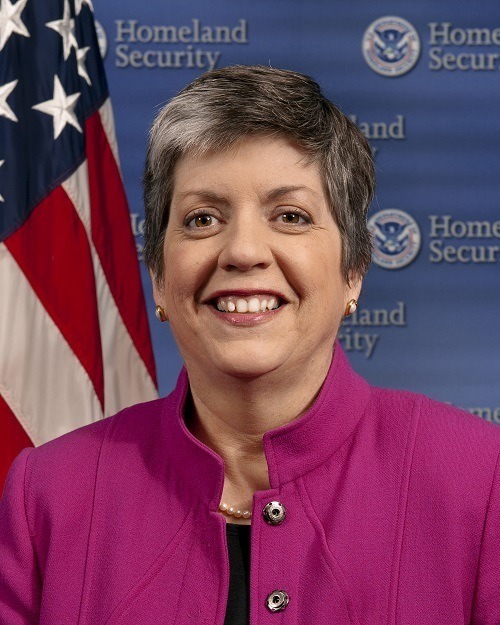
Source: en.wikipedia.org
Eva Perón
María Eva Duarte de Perón was the second wife of Argentine President Juan Perón. Known as Evita, she was not popular during her husband’s rise to power, but over time she became well-loved after overseeing many charitable foundations.
She was born in poverty in the rural village of Los Toldos, in the Pampas, as the youngest of five children. At 15 in 1934, she moved to the nation's capital of Buenos Aires to pursue a career as a stage, radio, and film actress. Because of her devotion to the poor and women's rights, she became known as the spiritual leader of the nation.
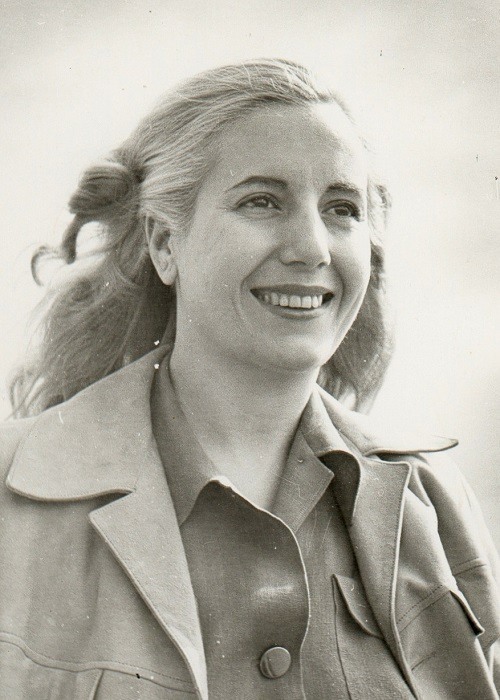
Source: en.wikipedia.org
Janet Reno
Janet Wood Reno was the first woman to serve as Attorney General under President Bill Clinton. During her tenure, a high profile criminals were captured and convicted of their crimes: Ted Kaczynski, the Unabomber. Timothy McVeigh and Terry Nichols for the Oklahoma City bombing. Terrorists who conducted the 1993 World Trade Center bombing. That resulted in life-sentences of Sheik Omar Abdel-Rahman and four conspirators. After her tenure, she became an advocate of education, equating poor education to an increased crime rate.
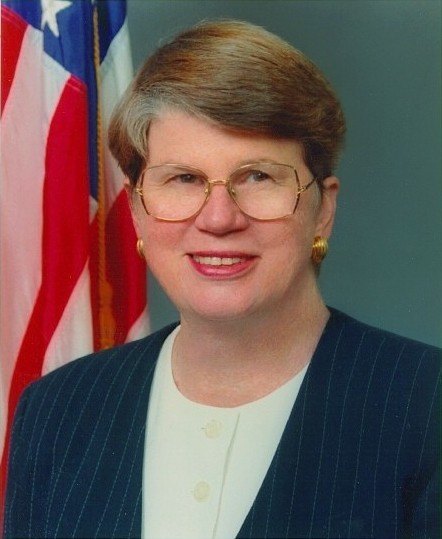
Source: en.wikipedia.org
King Richard the Lionheart
was King of England from 1189 until his death. He also ruled as Duke of Normandy, Aquitaine and Gascony, Lord of Cyprus, Count of Poitiers, Anjou, Maine, and Nantes, and was overlord of Brittany. His namesake was acquired because of his reputation as a great military leader and warrior. He was the first commander of the third crusade, helping to advance Christianity through the Arabian Peninsula, although he did not recapture Jerusalem. Because of his many campaigns throughout Europe, he was able to help spread literature, language, and history to many areas.
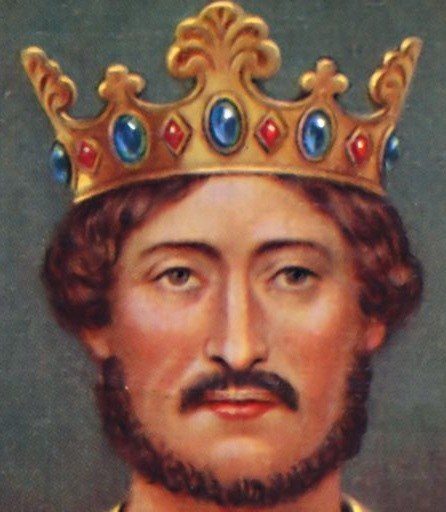
Source: thoughtco.com
Emperor Meiji
or Meiji the Great was the 122nd Emperor of Japan reigning from February 1867 until his death in July 1912. He presided over the Meiji period, a time of rapid change that witnessed the Empire of Japan rapidly transform from an isolationist feudal state to an industrialized world power. He undertook the important task of uniting over 250 individual domains into one unified nation.
Two views represent this emperor: the first one is of the herald of the end of the samurai, and the other is leading Japan into the future.
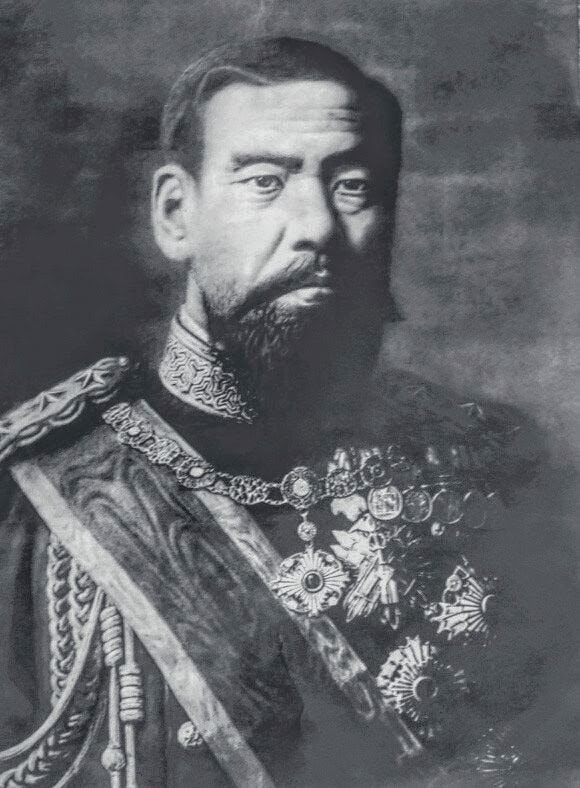
Source: en.wikipedia.org
Madeleine Albright
Madeleine Jana Korbel Albright was the first woman to have become the United States Secretary of State, nominated by U.S. President Bill Clinton.
Early in her political career, Albright was highly active in the UN and foreign affairs. Now retired, she supports and works towards reducing genocide and ethnic purges.

Source: en.wikipedia.org
Abraham Lincoln
was an American statesman and lawyer who served as the 16th president of the United States from March 1861 until his assassination in April 1865.
Lincoln led the nation through the American Civil War, its bloodiest war and its greatest moral, constitutional, and political crisis. His main goal was to preserve the union and ensure the freedom of all people. He preserved the Union, abolished slavery, strengthened the federal government, and modernized the U.S. economy.
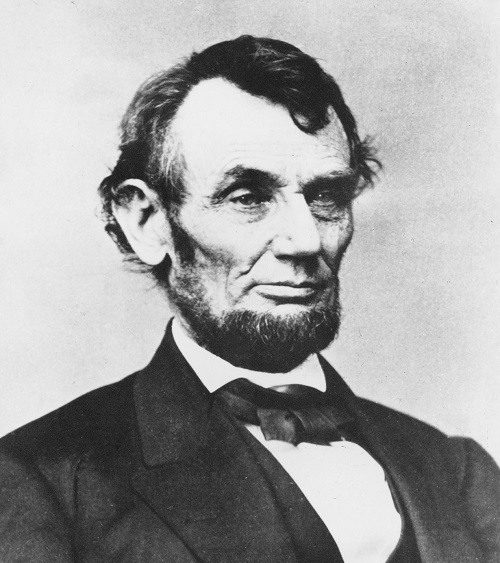
Source: britannica.com
Tammy Duckworth
Is a distinguished Senator from Illinois and a combat veteran of the Iraq War. She served as a U.S. Army helicopter pilot and suffered severe combat wounds, which caused her to lose both of her legs and some mobility in her right arm. She was the first female double amputee from the war; the first Thai-American woman elected to Congress; the first woman with a disability to be elected to Congress; the first female double amputee in the Senate; the first Senator to give birth while in office. The second Asian American woman serving in the U.S. Senate, after Mazie Hirono, and before Kamala Harris. Her focus is in securing healthcare for all Americans, especially for veterans.
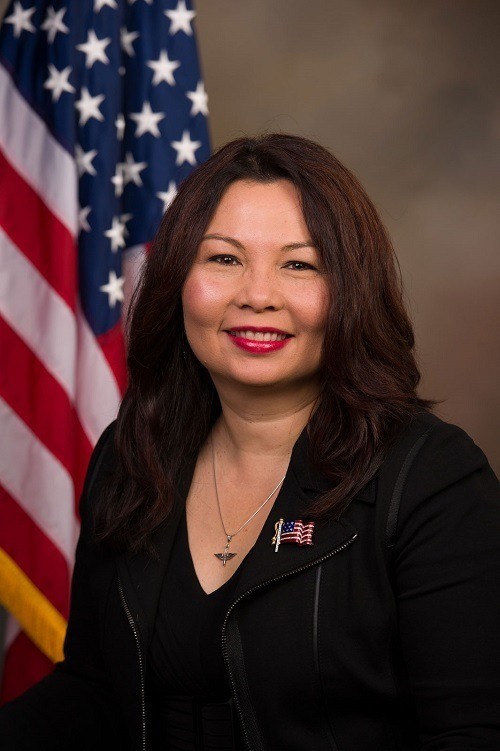
Source: britannica.com
Qin Shi Huang
The first emperor of unified China, Zheng, King of Qin, unified the warring states within China and created the first Chinese dynasty.
After unifying China, he started many economic reforms that help facilitate commerce, currency, and education. His work helped dictate China becoming and remaining one of the longest lived and strongest countries of the world.
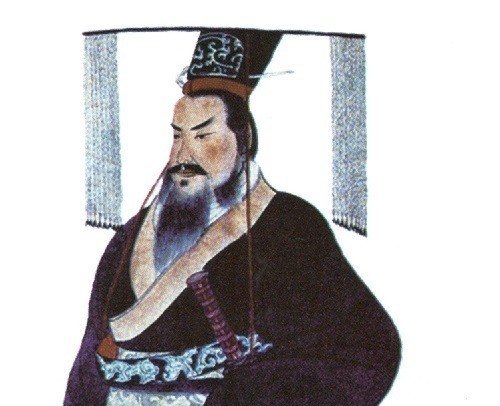
Source: en.wikipedia.org
Alexandria Ocasio-Cortez
Often referred to as AOC, she is an American politician and activist who serves as the U.S. Representative for New York's 14th congressional district. She drew national attention when she won the Democratic Party's primary election for her district when she defeated Democratic Caucus Chair Joe Crowley, a 10-term incumbent. It was widely seen as the biggest upset victory in the 2018 midterm election primaries. She went on to defeat Republican opponent Anthony Pappas in the November general election. At age 29, AOC became the youngest woman ever to serve in the United States Congress

Source: en.wikipedia.org
Founding Fathers of the United States
George Washington, John Adams, Thomas Jefferson, James Madison, Alexander Hamilton, James Monroe, and Benjamin Franklin
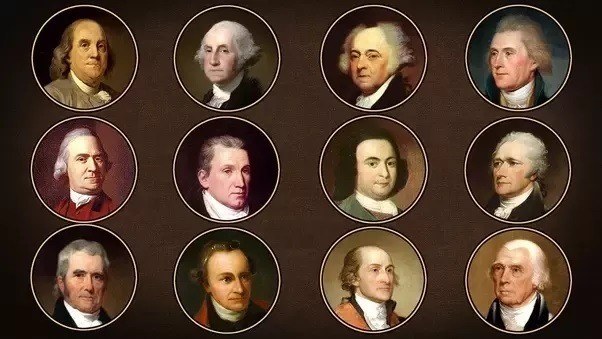
Source: quora.com
The Founding Fathers of the United States are often group together as a series of patriots who chose to design their country to serve the people, rather than individualistic monarchies. They took their experiences and education about other countries and used to develop a framework of what not to do in their own country.
Although there has been controversy in modern times over the meaning of what the Founding Fathers intended for various parts of the Constitution, Bill of Rights, and Declaration of Independence, the clear-cut and simple language shows they focused on the rights of the people and stability of the government.
